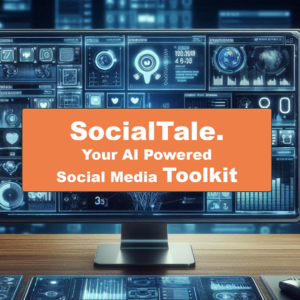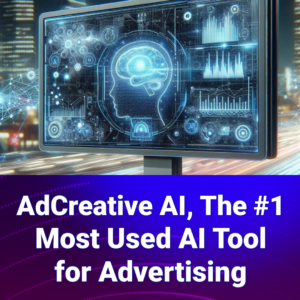AI PCs mark a significant leap in personal computing, defined by their ability to autonomously execute complex tasks using machine learning and data analytics. These devices have evolved from traditional computing systems, integrating AI capabilities that enhance both performance and efficiency. The historical development of computing technology has set the stage for AI PCs, which are now poised to revolutionize business operations.
Market Projections and Growth Trends
The AI PC market is experiencing rapid expansion, with forecasts indicating that these devices will constitute 43% of all PC shipments by 2025, up from 17% in 2024.
This growth reflects an increasing demand for intelligent devices that support businesses in streamlining operations and fostering innovation. The shift towards AI PCs signifies a broader trend in technology, as businesses increasingly recognize the value of integrating AI into their computing infrastructure.
The Business Case for AI PCs
AI PCs offer substantial benefits in boosting business productivity and efficiency. These devices automate routine tasks, allowing employees to concentrate on strategic initiatives that drive growth. The real-time data processing capabilities of AI PCs enable businesses to make informed decisions quickly, providing a competitive edge in a fast-paced market. Integrating AI into business processes is becoming essential for maintaining competitiveness and achieving operational excellence.
Cost-Benefit Analysis for Businesses
Although the initial investment in AI PCs may be significant, the long-term benefits often outweigh the costs. Businesses that have adopted AI PCs report increased efficiency and reduced operational expenses, demonstrating the value of these devices.
Case studies of early adopters highlight the transformative potential of AI PCs, offering insights into the cost-benefit dynamics of integrating AI technology.
AI Laptops vs. Desktops: The Shift in Preference
The preference for AI-powered laptops over desktops is increasingly evident, driven by the need for portability and flexibility. Technological advancements have made laptops more powerful, catering to the dynamic needs of modern businesses.
Consequently, AI laptops are expected to become the predominant choice for large businesses by 2026, reflecting a shift towards more versatile computing solutions.
Decline in Desktop Popularity
The decline in desktop popularity is influenced by changing business needs and work environments. As businesses adapt to more flexible work arrangements, the demand for desktops is decreasing.
This shift necessitates a reevaluation of IT infrastructure and support systems to accommodate the growing use of laptops, which offer greater mobility and adaptability.
Challenges and Considerations for Businesses
Integrating AI PCs into existing systems presents several challenges, including technical barriers and the need for employee training. Businesses must address these issues to fully leverage the potential of AI technology. Developing the necessary skills and expertise within the workforce is crucial for successful integration and maximizing the benefits of AI PCs.
Security and Privacy Concerns
The rise of AI PCs brings security and privacy concerns to the forefront. Protecting sensitive business data and ensuring compliance with regulations are critical considerations for businesses adopting AI technology.
Addressing these concerns requires robust security measures and adherence to ethical standards, ensuring that AI PCs are used responsibly and securely.
Future Outlook and Strategic Recommendations
To prepare for the AI PC revolution, businesses must engage in strategic planning and investment. Building a culture of innovation and customizing AI solutions to meet specific needs will be key to maintaining a competitive advantage.
By leveraging AI PCs effectively, businesses can enhance their operations and achieve sustained growth in an increasingly digital world.
Leveraging AI PCs for Competitive Advantage
Monitoring technological changes and adapting accordingly allows businesses to leverage AI PCs for competitive advantage.
Customizing AI solutions to align with business objectives and continuously evaluating their impact can drive success in a rapidly evolving market. By embracing AI technology, businesses can position themselves at the forefront of innovation and remain competitive in the digital age.















